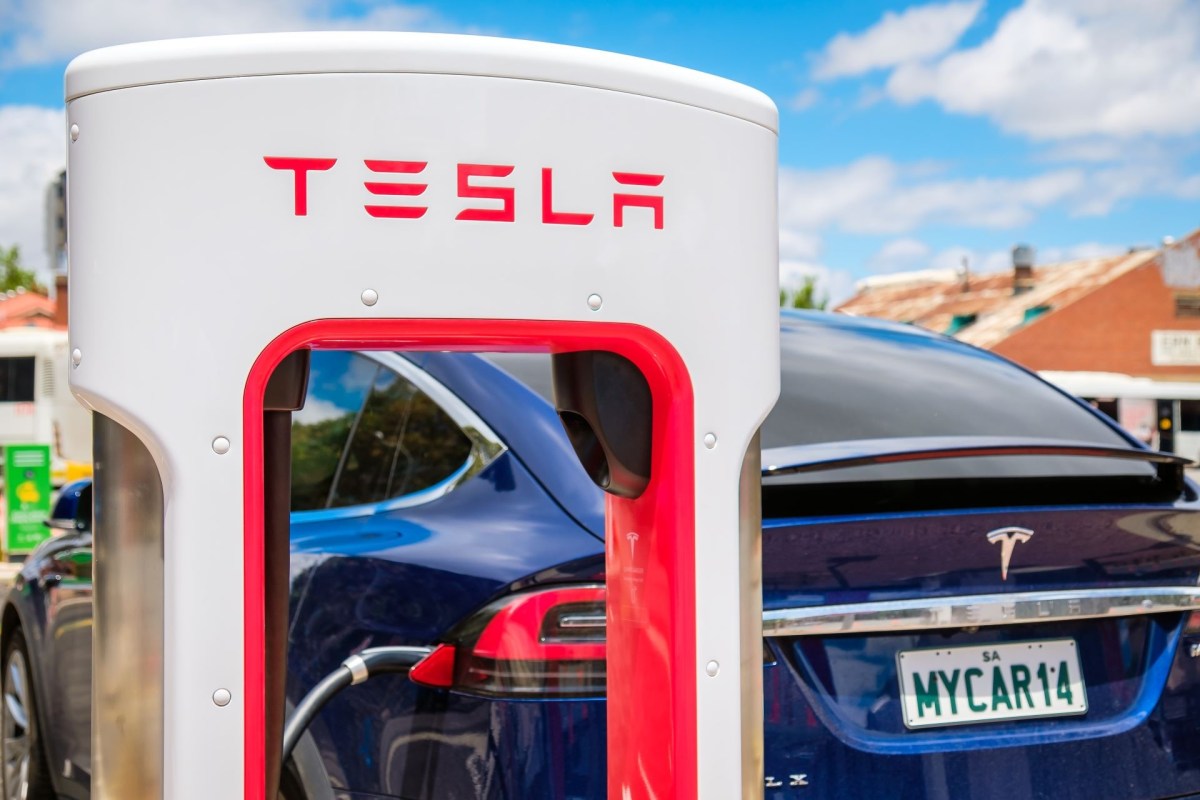In a groundbreaking step toward a more sustainable future, Tesla plans to significantly cut its use of rare Earth metals in upcoming electric vehicle (EV) production.
For years, the EV industry has used rare earth elements in its products. Although most EV batteries do not use rare earth metals, the elements are often used in EVs' specialized motors or other parts — a truth that carries substantial economic and environmental consequences.
Now Tesla, the leader in EV production, has announced a significant pivot in their approach that's set to bring a wave of positive change.
Tesla recently announced its goal to reduce the use of silicon carbide by 75%, significantly reducing its use of rare earth metals. Instead, it will use a permanent magnet motor, allowing them to scale its vehicle production more efficiently.
Rare earth metals are integral to the production of EVs, particularly in the construction of high-performing motors.
However, mining and refining these metals often produces substantial carbon emissions and environmental degradation. By reducing its reliance on these materials, Tesla is not only promoting a cleaner production process but also setting an industry standard that other EV manufacturers can aspire to follow.
"Silicon carbide is an amazing semiconductor, but it's also expensive and it's really hard to scale. So using less of it is a big win for us," Colin Campbell, Tesla's VP for powertrain engineering, reportedly said at Tesla's Investor Day event on March 1.
Currently, chips made from silicon carbide transistors are widely used in EVs. According to the Institute of Electrical and Electronic Engineers (IEEE), they can withstand more heat, have a longer life, and are more energy-efficient than semiconductors made of silicon power transistors.
With its groundbreaking step, Tesla reasserts that sustainable practices and economic growth can coexist.
This move is likely to encourage more consumers to make the switch to EVs, knowing that their choice will now have an even smaller environmental footprint. It also paves the way for other manufacturers to follow suit, potentially initiating a significant industry-wide shift toward more eco-friendly production methods.
With each innovation, we're steering closer to a future where sustainable choices are not just viable but are the norm.
Join our free newsletter for cool news and actionable info that makes it easy to help yourself while helping the planet.









